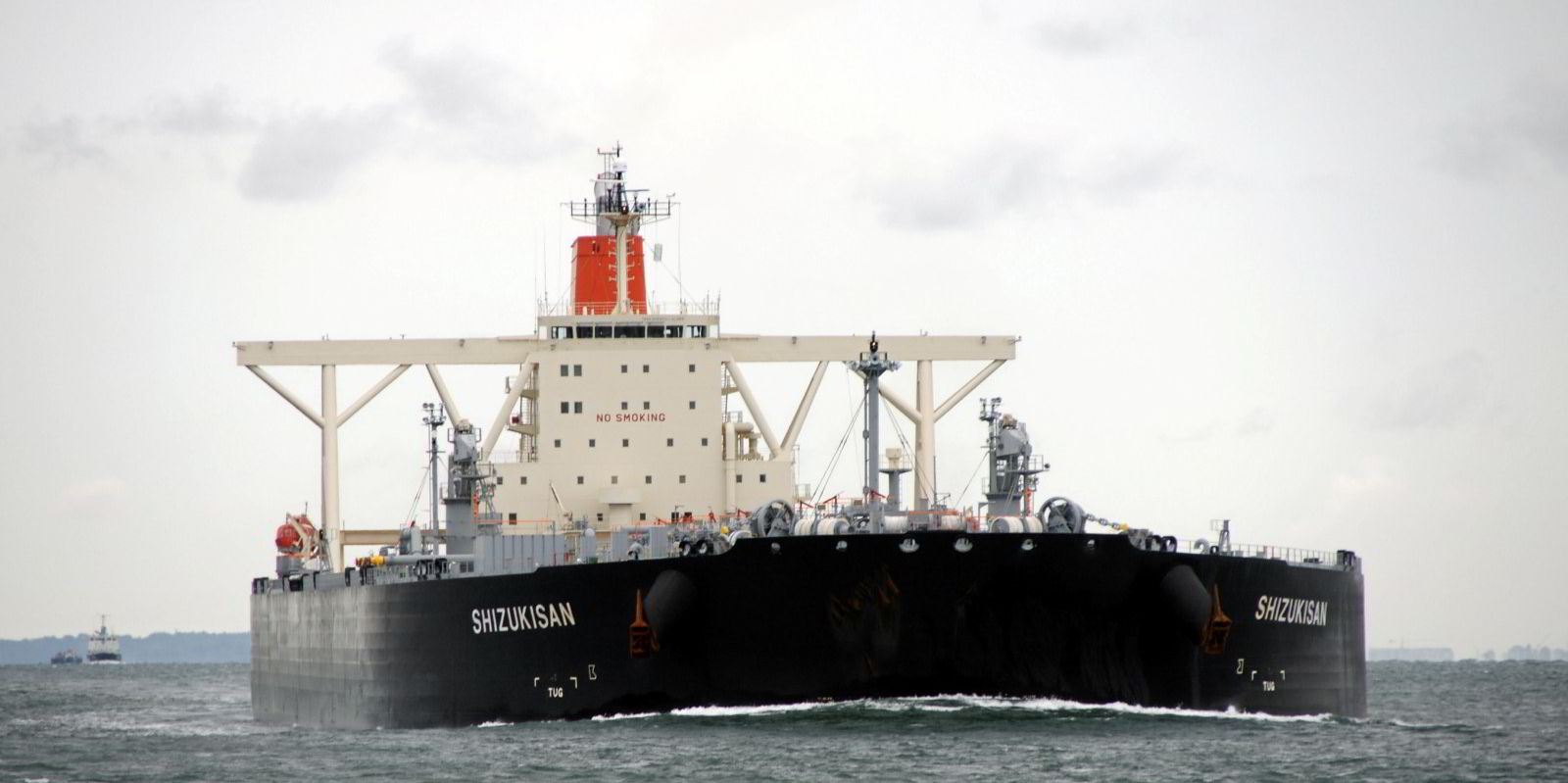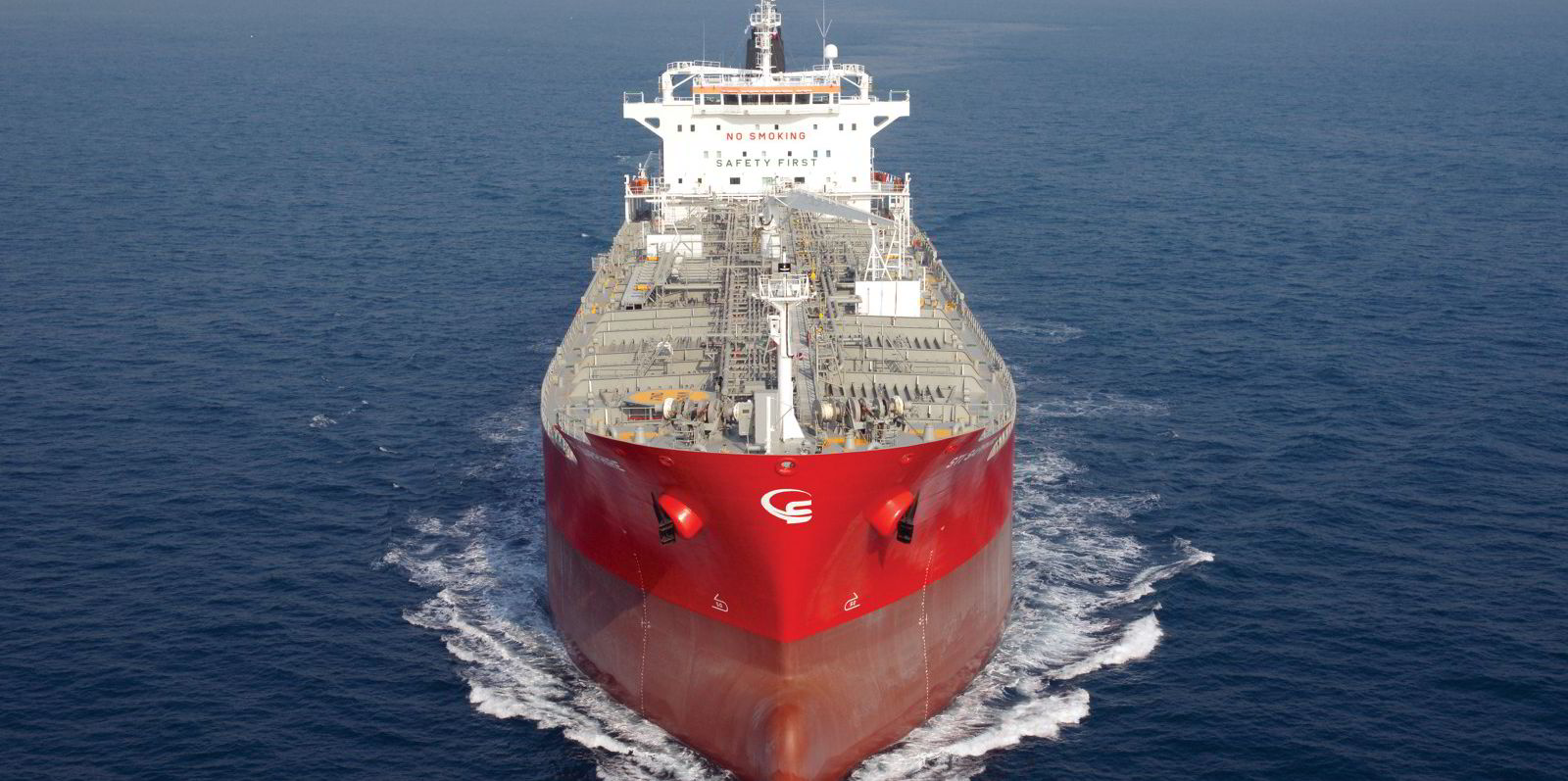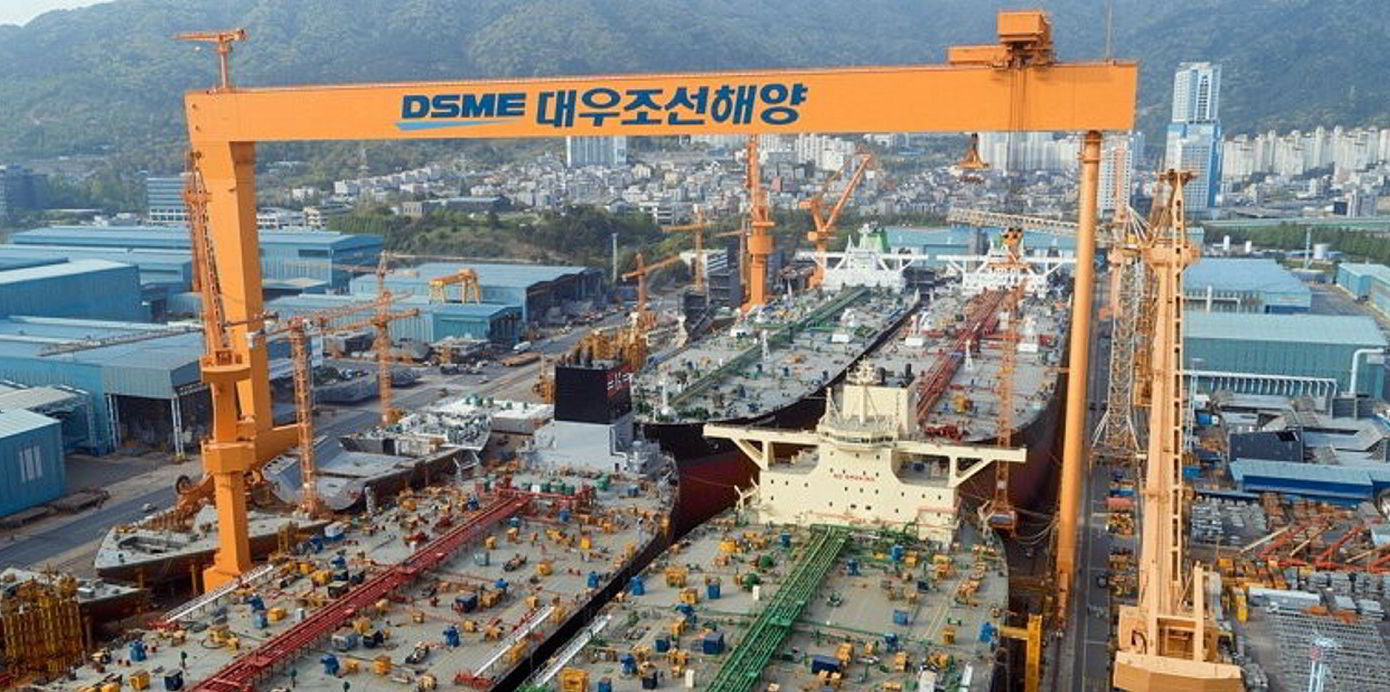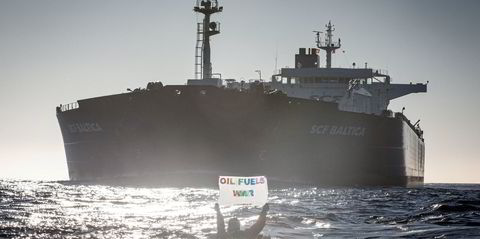The Covid-19 Delta variant has pushed Opec to lower its predictions for global oil demand.
The group of oil exporting countries said in its monthly report published on Monday that the hotly anticipated demand recovery will not come until the first half of 2022.
"Global oil demand in 2021 is now estimated to average 96.7 [million barrels per day]," the report read, roughly 100,000 barrels per day lower than last month's prediction.
"In 2022, oil demand is expected to robustly grow by around 4.2 [million barrels per day], some [900,000 barrels per day] higher compared to last month's assessment."
Covid-19 has depressed demand for oil thanks to lockdowns and other measures preventing travel, and kept tanker rates low.
Many had expected demand — and rates — to improve in the second half of the year thanks to widespread vaccination, but the recovery has not yet materialised.
On Monday, both VLCCs and suezmaxes remained in negative territory, while aframaxes remained anaemic, according to the Baltic Exchange.
VLCCs rose $77 from Friday to -$9,258 per day, while suezmaxes fell $93 to -$3,127 per day. Aframaxes improved $180 to $1,407 per day.
The Opec report blamed "ample tonnage" for the continued negative VLCC rates.
It said suezmaxes and aframaxes performed better in intra-Asian trades and in West Africa-US Gulf trades.
"The arrival of Hurricane Ida in the Gulf of Mexico at the end of the month resulted in temporary dislocations, lending some support to dirty aframax rates, while depressing clean rates in the early days of September as Gulf Coast refineries remain offline," the report read.






